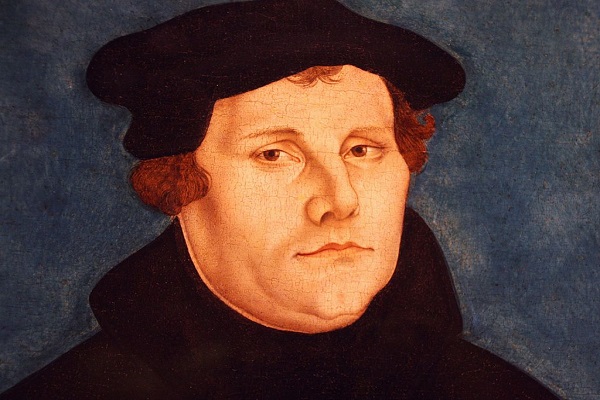
After Years of Division, Lutherans and Catholics Will Unite for Reformation Anniversary
- By Derek Welch --
- 31 Jan 2016 --

After centuries of division the two groups will come together for Reformation Anniversary.
Lutherans and Catholics have agreed to celebrate, together, the Reformation Anniversary, which is to be held in 2017. To mark the occasion, both church groups have published shared liturgical guidelines for ecumenical services.
After Years of Division, Lutherans and Catholics Will Unite for Reformation Anniversary[/tweetthis]
The booklet, entitled Common Prayer, contains a template that will serve as the outline for future ecumenical services. The template is said to include hymns, themes and prayers that are suitable for sermons.
Catholic leaders in Germany had initially showed an unwillingness to celebrate the Reformation Anniversary with the Lutherans. However, support has begun to come from these quarters now. In fact, it is believed that Germany, so far, has showed the strongest support for the churches coming together.
The Lutheran World Federation and the Vatican have been involved in important discussions, which led to the creation of an extensive report in 2013 entitled From Conflict to Communion. The report also came with the announcement that both the churches would be celebrating the anniversary together. The report marked the Reformation as the beginning of a 500-year shared journey, rather than an event that divided the churches.
Catholics and Lutherans Reuniting for Reformation Anniversary https://t.co/dBuWdEF2ot
— James Martin, SJ (@JamesMartinSJ) January 15, 2016
The new guidelines state that all services must focus on the teachings concerning repentance, thanksgiving, and commitment with a central emphasis on Jesus. The Lutheran Federation from Geneva and the Vatican’s Pontifical Council for Promoting Christian Unity had promoted the new guidelines on January 11.
The Reformation was a movement that arose after Martin Luther (Founder of the Lutheran Church) published his 95 Theses in the year 1517. The movement was responsible for causing a massive division among the followers of the Roman Catholic Church. Many of them left Roman Catholicism and began to refer to themselves as ‘Protestants’. These Protestants began to form their own individual churches. Till half a century ago, Protestant Churches and the Vatican exhibited a strong mistrust of each other, which caused significant theological division. However, with ecumenical discussions taking place in recent years, the possibility of Protestant groups and the Vatican burying the hatchet has become stronger.
Currently, the Lutheran Federation, which is responsible for starting the dialogue with the Catholic Church, is made up of 145 churches. All these churches worship in adherence to Lutheran traditions, which serves as an obstacle to the reunification. Even so, the move to celebrate the Reformation Anniversary together has opened doors for more dialogue and agreement.


















